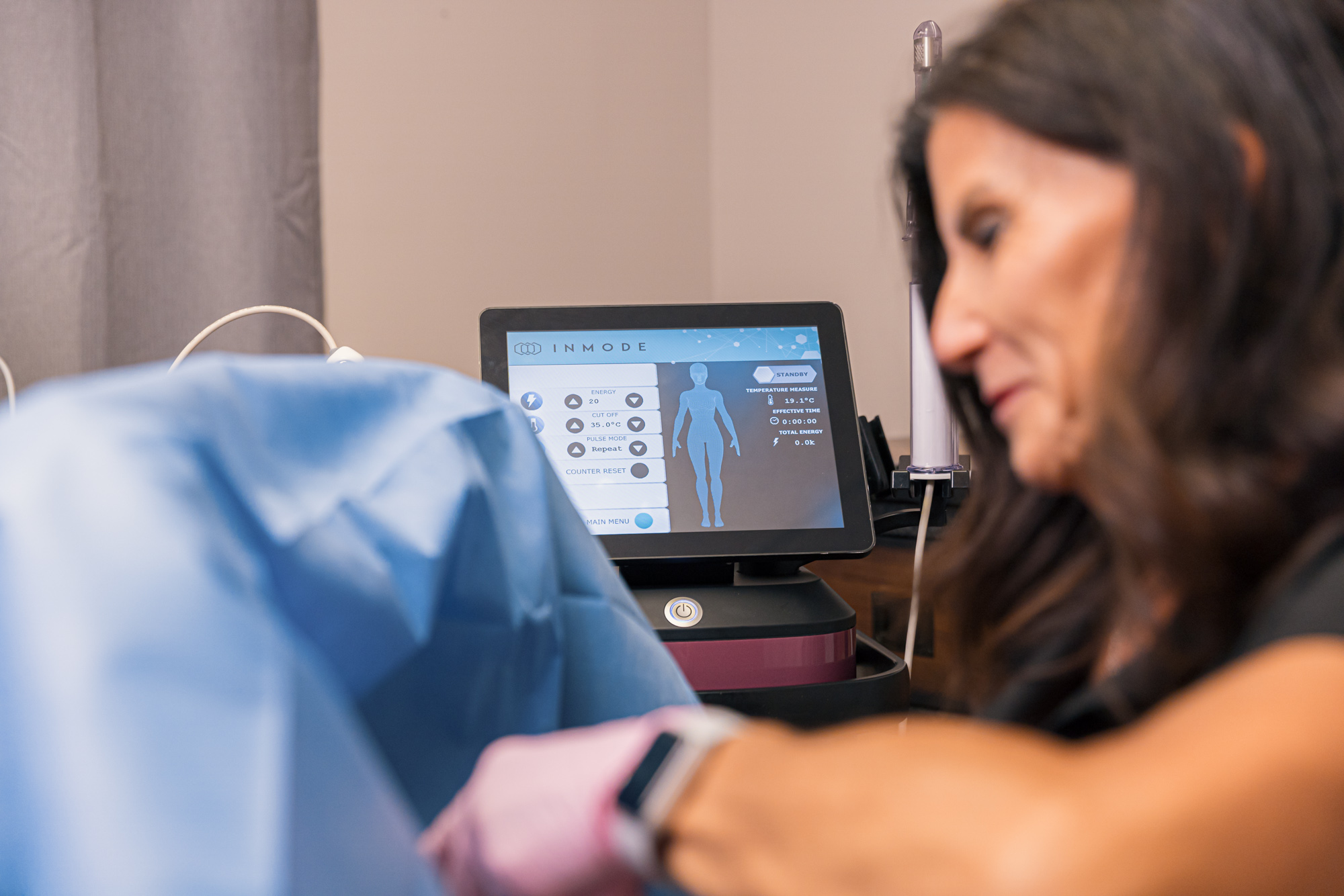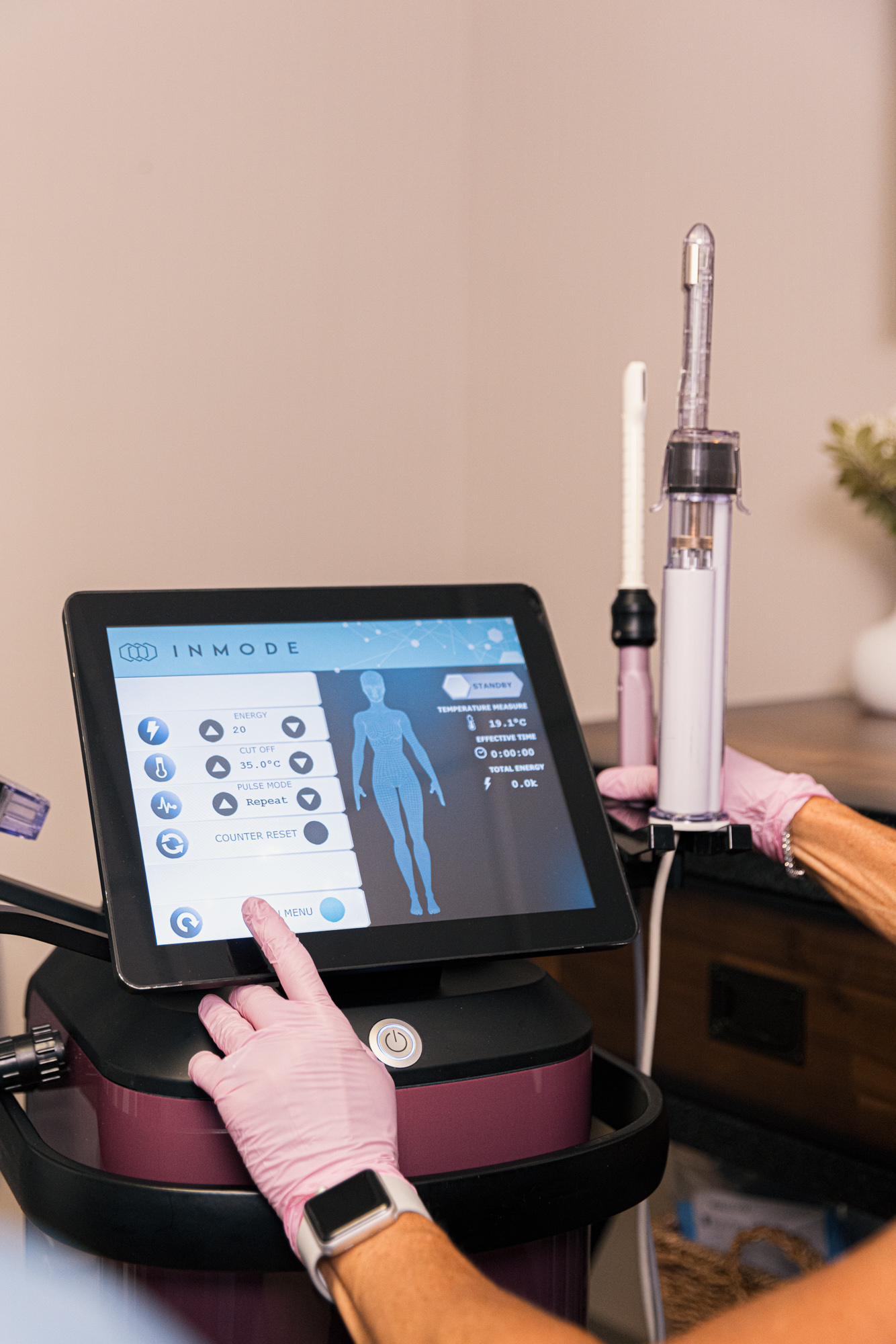A weak pelvic floor can’t provide proper support for the bladder above, which makes the bladder’s job of holding onto urine more difficult. A properly functioning pelvic floor allows for the release of urine only when someone wants to release that urine. Unfortunately, tissues grow lax with age, making little “slip ups” more likely.
Many women know the uncomfortable feeling of avoiding social situations where they might laugh too hard or exercise in a way that might cause too much bladder-shaking impact. What was once excitement for your favorite activities can gradually shift to dread and fear of discomfort or embarrassment. At BodyBarMD, our pelvic floor doctor is here to help you reclaim your lifestyle and your confidence.






















